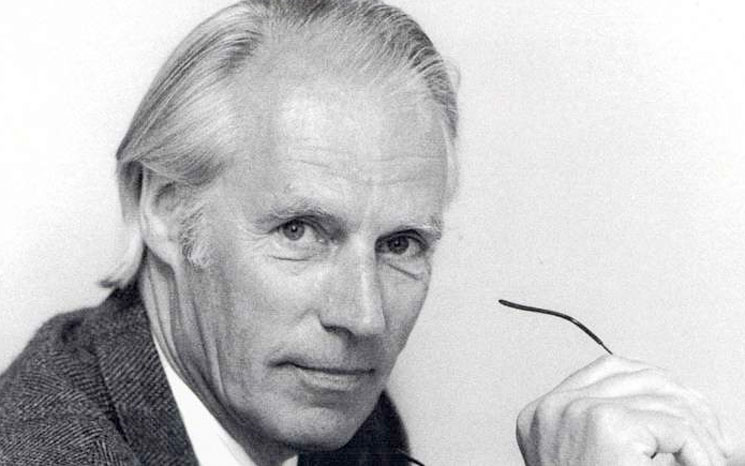
If musical history serves correct, most would agree that arguably the most important band in the history of music was The Beatles. With that said, they would agree that band had four members; Paul McCartney (vocals/bass), John Lennon (vocals/guitar), George Harrison (vocals/guitar), and Ringo Starr (vocals/drums). What many might not know is that one man was ”unofficially” granted the title of the ”Fifth Beatle,” this man was known as Sir George Martin. An English record producer, arranger, composer, engineer, and musician, Martin played an intriguing role in shaping the sound of The Beatles. Sadly, on March 8, 2016, the legendary arranger passed at the age of ninety years old.
Growing up with a taste for music at a very early age, Martin began taking piano lessons at the age of five. This love of music never faded, in fact, it remained strong within him for the entirety of his life. After serving time in the Royal Navy, he enrolled into the Guildhall School of Music and Drama from 1947 to 1950, where he studied piano and oboe. It was thereafter he was hired by a recording company in England, known as EMI. Most of Martin’s’ primitive years at EMI were spent making either Comedy or novelty records in the early 1950s, working with Peter Sellers, Spike Milligan, and Bernard Cribbins. Martin also recorded the two-man show, At the Drop of a Hat, which sold strong for twenty-five years plus. However, one of Martin’s breakthrough moments came while he was a producer with the Beyond the Fringe show cast album, which starred Peter Cook, Dudley Moore, Alan Bennett, and Jonathan Miller. At this point in time, Martin was not only making a nice living for himself, he was also garnering quite the reputation for his production skills in a recording studio. It was at this moment in time where everything was about to change for him.
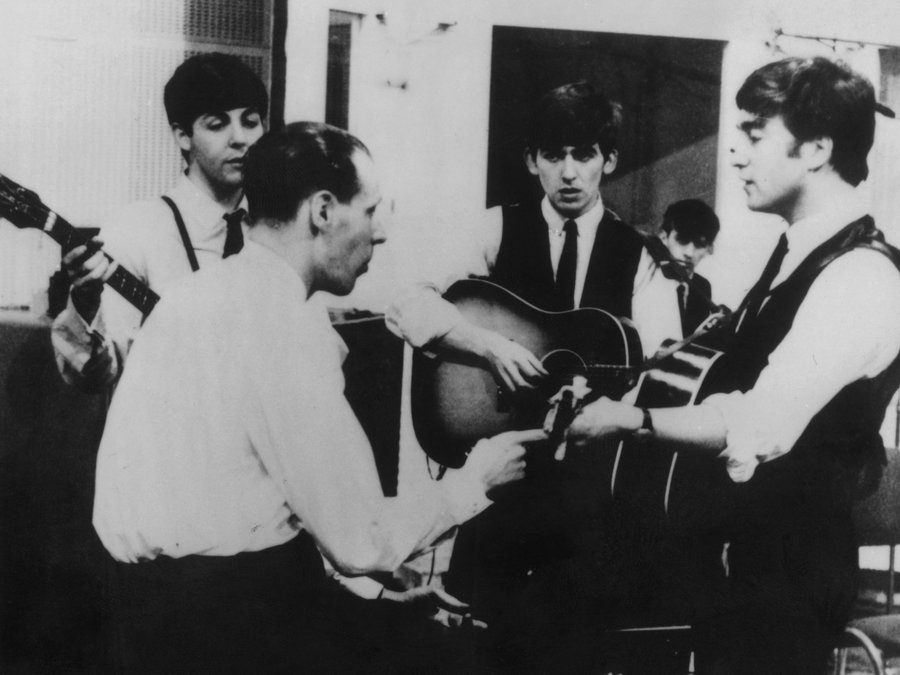
It was in early 1962 Martin received a call from Sid Coleman, of Ardmore & Beechwood, whom had just met a very eager unknown band manager at the time, named Brian Epstein. At Coleman’s insistence, a meeting was arranged between Martin and Epstein to discuss a little unknown and unsigned band, at the time, known as The Beatles. Being denied a recording contract by Decca Records, Epstein pushed forward in hopes of landing The Beatles an audition with EMI and Martin. After the meeting with Epstein, the then unknown Beatles were signed by EMI strictly based on Martin’s’ liking of how enthused Epstein was about his group. Interestingly enough, it was not until a few weeks later that Martin would even hear the boys play live. After initially not liking what he heard in terms of The Beatles original compositions, Martin pushed the four young lads to work harder, strive for more creativity, and become even better musicians. Little did he know, The Beatles would eventually request the same from him.
As the Beatles grew, so did Martin, and his influence, as well as musical knowledge, can be heard on all of their records dating back to their debut studio album in 1963, Please Please Me. It was Martin who requested that, for their first LP, Lennon close out the album with his rendition of “Twist and Shout,” because he felt that after a whole day’s singing, Lennon’s voice would be raspy enough to sing the song. A footnote at the time, it is an audible moment that fans today still hear when they listen to the famous track. This input would not stop and Martin and the band would continue to have a growing personal and working relationship as they moved forward with With The Beatles (1963), A Hard Day’s Night (1964), and Beatles for Sale (1964).
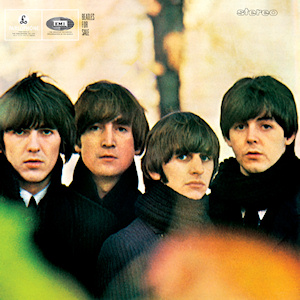

With a comfort level together, Martin and The Beatles would rely on one another as the years went on. It was Martin who played McCartney a version of his song “Yesterday” in a Classical style in order to show him the many different types of Classical string arrangements that could be added to the overall composition. Many could look at this 1965 hit as an early sign of where The Beatles would go on future releases; a broader, more experimental sound. This was quite evident on 1965’s Rubber Soul, which many fans consider to be a focal point in Beatles history. Martin would later described Rubber Soul as, “The first album to present a new, growing Beatles to the world” in 1995’s A Day in the Life: The Music and Artistry of the Beatles by Mark Hertsgaard. He also added, “For the first time, we began to think of albums as art on their own, as complete entities.” He amazingly knew to play the piano solo for “In My Life” himself at half speed and then speed up the playback during the recording of the song. Martin felt he could not play the solo fast enough live to fit the song, so instead of scrapping it, he did the aforementioned to make it work.
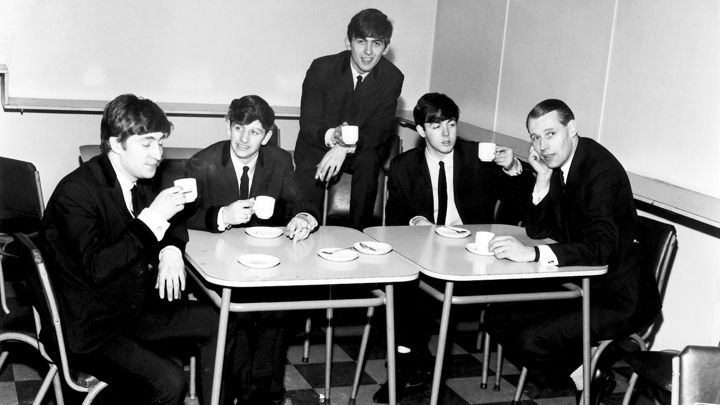
Technological experimentation was evident as time went on, and The Beatles transformed into something much grander than listeners could imagine. This was all under the continued guidance of Martin through albums such as 1966’s Revolver and the landmark 1967 orchestral journey of Sgt. Pepper’s Lonely Hearts Club Band. What many consider The Beatles answer to The Beach Boys 1966 masterpiece Pet Sounds, Sgt. Pepper’s Lonely Hearts Club Band could be looked at as Martin and The Beatles’ most in-depth recording work ever. The now synonymous Beatles songs “Strawberry Fields Forever” and “Penny Lane” were actually left off Sgt. Pepper’s Lonely Hearts Club Band, a decision Martin regarded as, “The biggest mistake of my professional life” in his 1994 book Summer of Love: The Making of Sgt. Pepper. Thankfully, the hours of hard work and subtle textures saw the light of day as a double A-side single in 1967, thus blowing listeners’ minds. Few know that Martin was behind the trumpet solo in the aforementioned “Penny Lane.” He was also the man behind the piano solo in “Love Rita” and the harpsichord in “Fixing a Hole.”
Showing how important the recording sessions during the years of Revolver and Sgt. Pepper’s Lonely Hearts Club Band were, Martin was one of the first producers to bring the idea of tape loops and reverse tape loops into the recording studio. These ideas can be heard on the backwards guitar solos on “I’m Only Sleeping” and “Taxman.” The crazier the musical concepts became, the more The Beatles grew as artists, then higher the demand came that Martin come through and get the sounds they were looking for. If it was running a guitar signal through an organ speaker or even merely thinking about having a microphone swing around Lennon, or even crazier, having Lennon dangling from the ceiling, being swung around a microphone for his vocal parts on “Tomorrow Never Knows,” no notion was too crazy to at least not discuss.
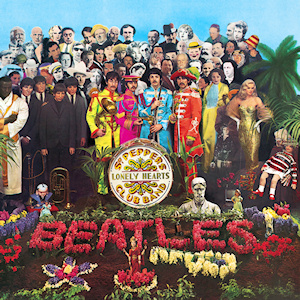
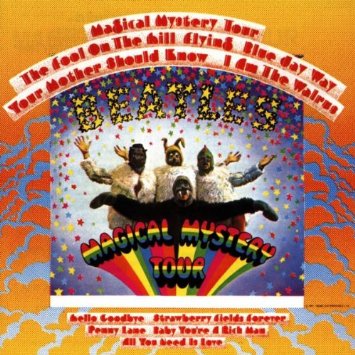
Although Martin would go on to produce other acts such as Gerry & The Pacemakers, Billy J. Kramer & the Dakotas, the band America, Guitarists Jeff Beck and John Williams, Neil Sedaka, Country singer Kenny Rogers, UFO, Cheap Trick, Elton John, and Celine Dion, he undoubtedly is known for his time working with The Beatles. It was a give and take between himself and The Beatles, nothing was off limits, nothing was too crazy to attempt or even bring up for discussion. It was a match made in heaven, and it would not be outlandish to say Martin needed The Beatles just as much as they needed him. In his life’s work, he contributed to thirty number-one hit singles in the United Kingdom and twenty-three number-one hits in the United States. In addition, he helped bring the history of The Beatles to a new generation, overseeing The Beatles Anthology documentary, which first aired in 1995. Still helping keep The Beatles legacy alive, he would also work with his son, Giles Martin, to remix eighty minutes of Beatles music for the Las Vegas stage performance Love in 2006.
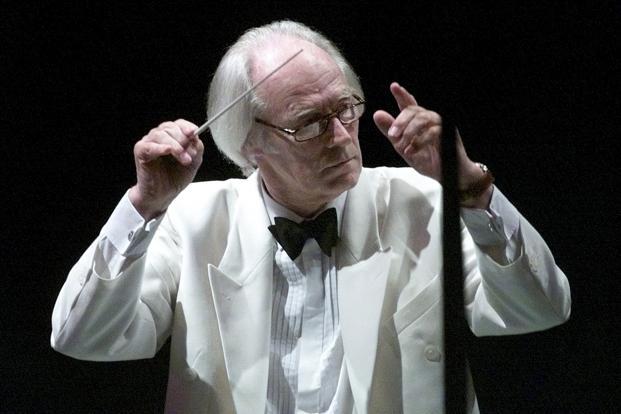
An extremely humble man, Martin would often downplay the claim to being the “Fifth Beatle,” stating in the 2009 book The Rough Guide to the Beatles by Chris Ingham, that Assistant and Roadie Neil Aspinall should receive more credit. Thankfully, in 1999, Martin was rightfully inducted into The Rock and Roll Hall of Fame. This is an honor he is most certainly deserving of judging by his tremendous impact. There are certain circumstances in life where things just all happen to come together at the right time and the chips all fall into place at the exact moments. George Martin meeting The Beatles was one of those moments. That is why he is still talked about for his musical ingenuity over fifty plus years later. From production, to composition, to arranging, to film soundtrack, and so much more, Sir George Martin was a musical genius who forever will be missed and will forever be regarded as arguably one the most important producers, if not the most important producer, in Rock-n-Roll history.
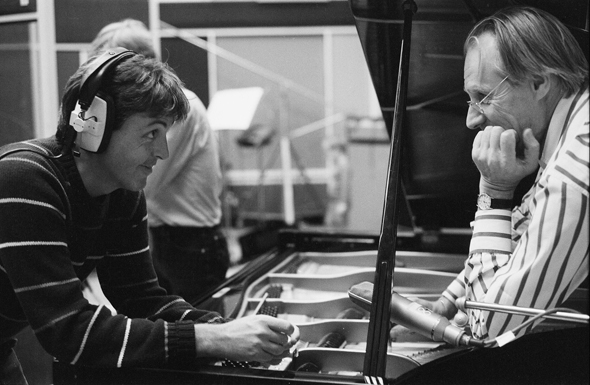
Sir George Martin was beloved by family, musicians, and fans alike. Below are thought shared via Twitter and Facebook from the survival Beatles and others regarding Sir George Martin:
“God bless George Martin peace and love to Judy and his family love Ringo and Barbara George will be missed.” – Ringo Starr, Beatles Drummer (via his twitter)
“I’m so sad to hear the news of the passing of dear George Martin. I have so many wonderful memories of this great man that will be with me forever. He was a true gentleman and like a second father to me. He guided the career of The Beatles with such skill and good humour that he became a true friend to me and my family. If anyone earned the title of the fifth Beatle it was George. From the day that he gave The Beatles our first recording contract, to the last time I saw him, he was the most generous, intelligent and musical person I’ve ever had the pleasure to know.
It’s hard to choose favourite memories of my time with George, there are so many but one that comes to mind was the time I brought the song ‘Yesterday’ to a recording session and the guys in the band suggested that I sang it solo and accompany myself on guitar. After I had done this George Martin said to me, “Paul I have an idea of putting a string quartet on the record”. I said, “Oh no George, we are a rock and roll band and I don’t think it’s a good idea”. With the gentle bedside manner of a great producer he said to me, “Let us try it and if it doesn’t work we won’t use it and we’ll go with your solo version”. I agreed to this and went round to his house the next day to work on the arrangement.
He took my chords that I showed him and spread the notes out across the piano, putting the cello in the low octave and the first violin in a high octave and gave me my first lesson in how strings were voiced for a quartet. When we recorded the string quartet at Abbey Road, it was so thrilling to know his idea was so correct that I went round telling people about it for weeks. His idea obviously worked because the song subsequently became one of the most recorded songs ever with versions by Frank Sinatra, Elvis Presley, Ray Charles, Marvin Gaye and thousands more.
This is just one of the many memories I have of George who went on to help me with arrangements on ‘Eleanor Rigby’, ‘Live and Let Die’ and many other songs of mine.
I am proud to have known such a fine gentleman with such a keen sense of humour, who had the ability to poke fun at himself. Even when he was Knighted by the Queen there was never the slightest trace of snobbery about him.
My family and I, to whom he was a dear friend, will miss him greatly and send our love to his wife Judy and their kids Giles and Lucy, and the grandkids.
The world has lost a truly great man who left an indelible mark on my soul and the history of British music. God bless you George and all who sail in you!” – Paul McCartney, Beatles Vocalist/Bassist (via his facebook)
“When I heard that Sir George Martin passed, I felt a real sadness in my soul. The records that George produced with the Beatles were some of the greatest ever made and they inspired me to greater heights. We were young and anything was possible. George and I became friends later on and when he said nice things about me, it made me very proud. He was a kind and gentle soul. I wish the best for George’s family and friends.
Love & Mercy, Brian.” – Brian Wilson, Beach Boys composer (via his facebook)
“It was an Honour to know You. My Heart & Prayers go out to Judy and all other Family members.” – Julian Lennon, singer-songwriter (via his twitter)
“R.I.P. George Martin. I’m so gutted I don’t have many words.” – Sean Ono Lennon, singer-songwriter (via his twitter)
“God Bless George Martin, the greatest Music Producer of all time. Peace and Love to Judy, Giles and the family.” – Yoko Ono, singer-songwriter (via her twitter)
“Dear sweet man . God bless.” – Dhani Harrison, singer-songwriter. (via his facebook)

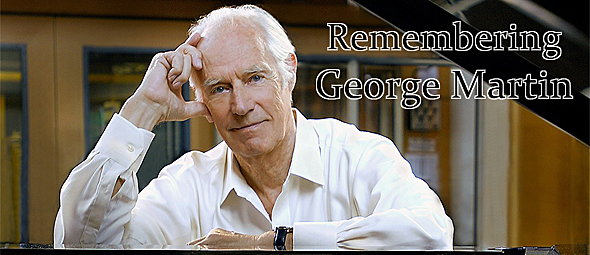




No comment